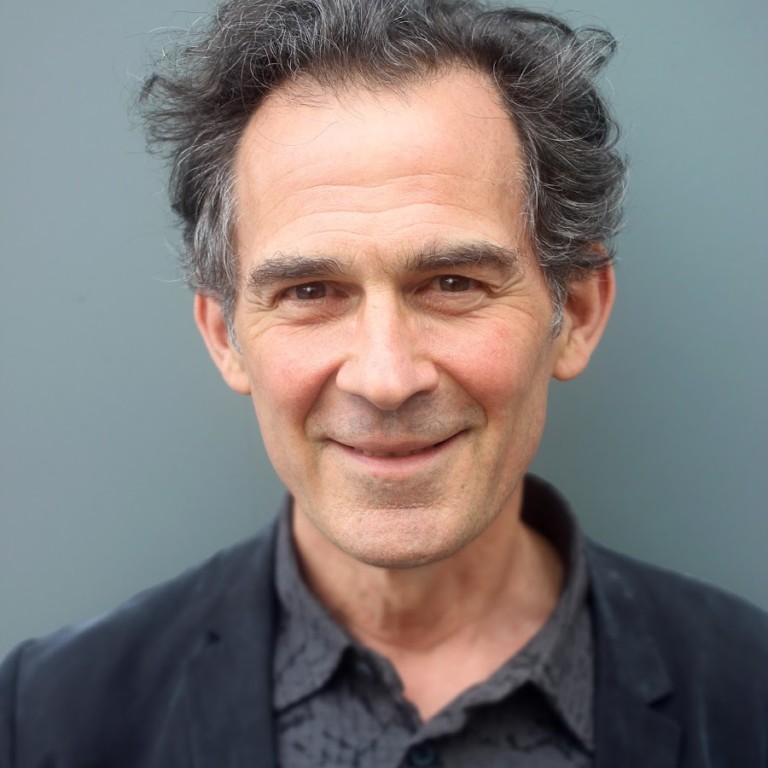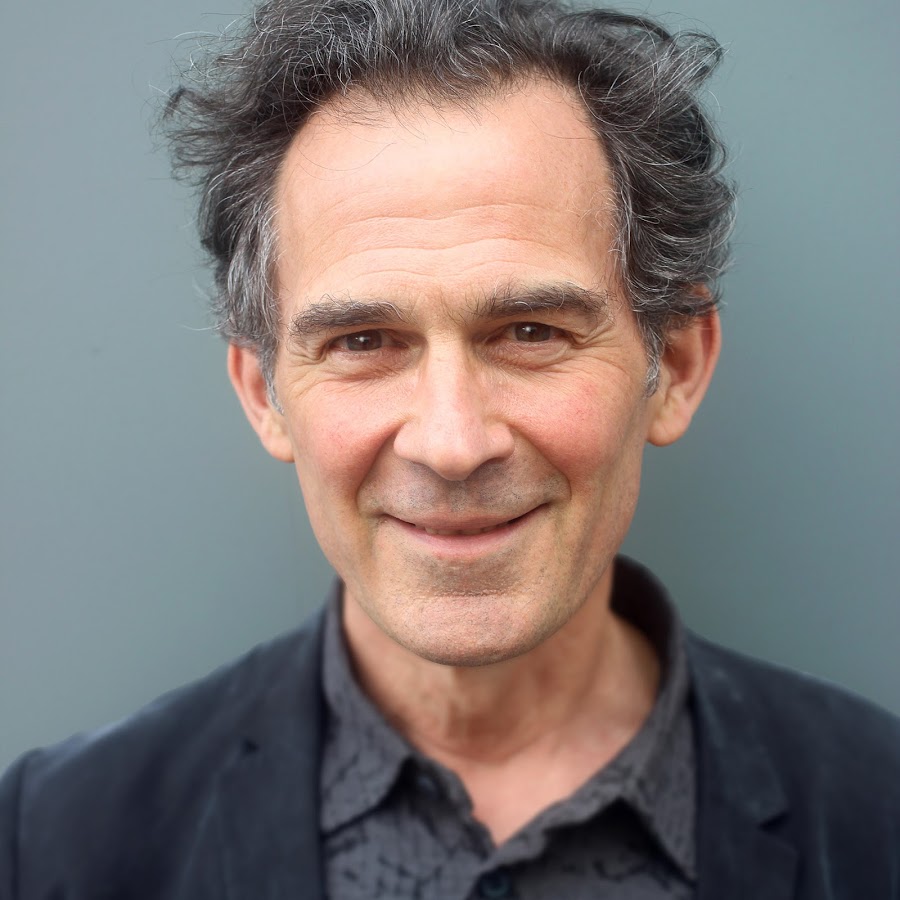 Conventional thinking tells us that an object is made out of inert stuff called ‘matter’. But what does experience say?
Conventional thinking tells us that an object is made out of inert stuff called ‘matter’. But what does experience say?
Take the apparent world that we now see. Our only experience of such a world is the current perception. In fact, we cannot legitimately say that we know or perceive an independently existing world, that is, a world that exists in its own right, independent of our perception. All we can legitimately say, based on actual experience, is that we know our perception of the world.
In fact, we cannot legitimately say that we know our perception ‘of the world’, because, as we have seen, we never come in contact with any such world. We only know its perception. So, rather than saying we know our perception ‘of the world’, we can only legitimately say that we know perception.
So, having discovered that we never actually know, perceive or come in contact with an object or world, as such, we can now explore our experience more deeply.
Do we actually find an object called ‘a perception’, or do we rather find the experience of perceiving? See clearly that we never actually find the seen object; we just find the experience of seeing. We never find the heard sound; we just find the experience of hearing. We never experienced an object called ‘a taste’; we just know the experience of tasting.
In this way, see clearly that experience does not consist of a collection of objects or nouns, known by a separate, independent subject. Rather, it is more like a flow of experiencing in which the apparent subject and object are contained as one. In fact, in the new language of non-duality we could say that there are only verbs, no nouns! Not, “I see the tree,” but rather, “There is seeing;” not, “I hear the wind,” but rather, “There is hearing.”
As such, the apparently perceived object is beginning to lose its solidity, separateness, otherness, objectness. In other words, the seen or heard object seems to exist at a distance from oneself, but the experience of seeing or hearing always takes place close, intimately one with oneself.
Thus, we have discovered that we never really know, perceive or come in contact with inert stuff called ‘matter’, but that all we know is ‘mind’. That is, all we know or experience of the apparent object or world is ‘perceiving’ – that is, seeing, hearing, touching, tasting and smelling. Now what is the nature of perceiving?
Who knows?
Who or what is it that knows or is aware of the experience of perceiving?
Ask yourself, “What is the relationship between the experience of perceiving and the knowing of it?”
See if you can find these two elements in your experience: one, perceiving and two, the knowing of it. Or, are ‘perceiving’ and ‘the knowing of it’ one and the same experience?
In this way, discover that experience is not actually divided into two essential ingredients. Experience does not comprise one part that knows and another that is known. It is not inherently divided into a subject and an object.
We do not find a perception and the knower of that perception. We find that a perception is made out of the experience of perceiving, and that perceiving and the knowing of it are one and the same.
Excerpted from non-duality.rupertspira.com. Rupert Spira (born March 13, 1960) is an international teacher of the Advaita Vedanta direct path method of spiritual self enquiry, and an English studio potter.







